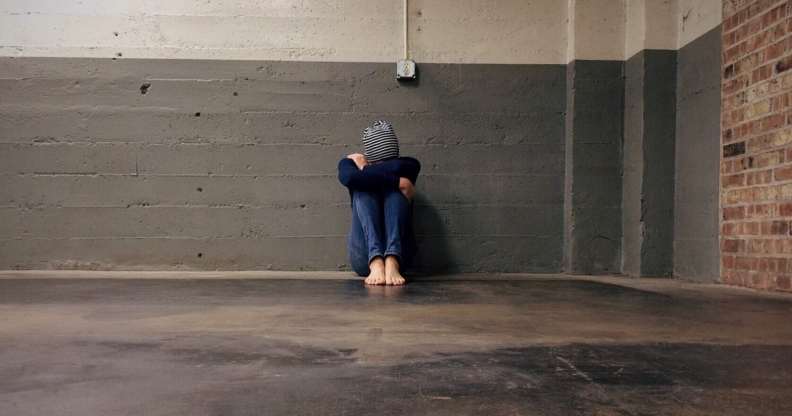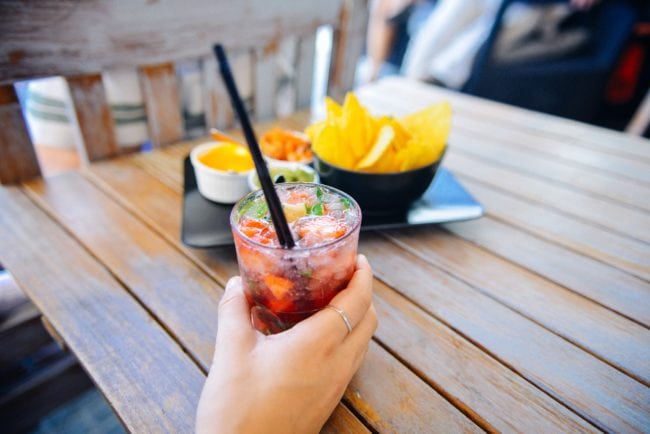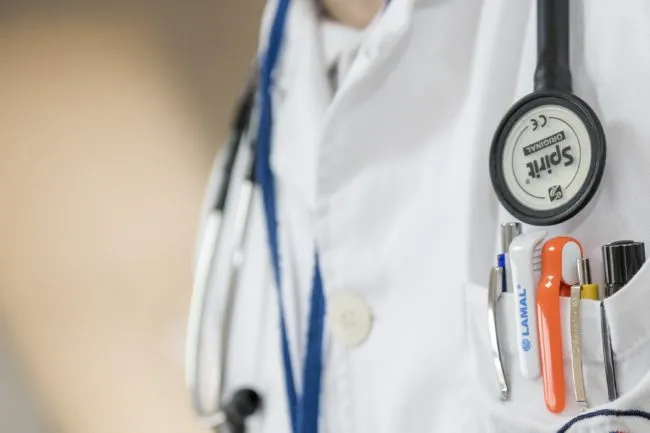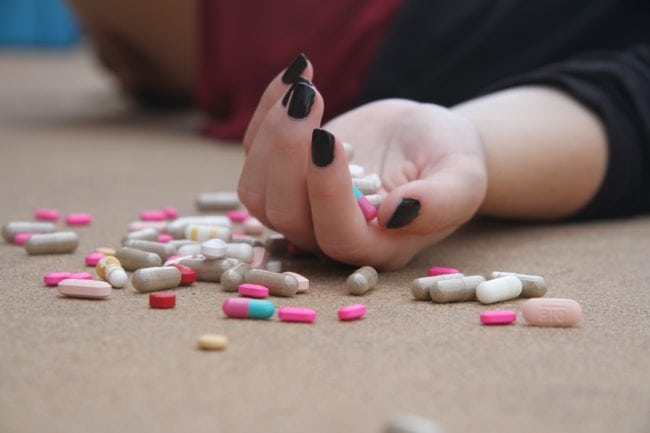Lesbian and bisexual women aren’t getting treatment for addiction or their mental health, study claims

A new study has claimed that lesbian, bisexual and ‘mainly heterosexual’ women are not accessing treatment for mental health issues including alcohol addiction.
The study, published on May 15 in the peer-reviewed BJGP Open journal, involved researchers from five universities across Australia who surveyed over 500 women.
The research found that while women who are attracted to other women experienced higher rates of substance abuse and mental health issues than heterosexual women, they were less likely to seek and receive treatment for these issues.

(Creative Commons)
Out of the 521 lesbian, bisexual or ‘mainly heterosexual’ women (referred to as same-sex attracted women or SSAW by the study) just 41.4 percent who needed mental health or addiction treatment had actually accessed support services.
70 percent of 18 to 25-year-olds in the survey also reported regularly drinking in excess of recommended health limits, with only six percent of these accessing treatment.
The research found that the women were more likely to reach out for medical treatment if they felt connected to the LGBT community and had a doctor they were out to.

University of Melbourne professor Ruth McNair stated that this was partially caused by a fear of being discriminated against by health professionals.
McNair stated that having a regular, supportive doctor was highly important in helping these women access mental health services.
She said: “It’s even more important for people who have suffered some discrimination and that’s one of the underlying reasons for their drug or alcohol use.
“Same-sex attracted women are consistently less likely than heterosexual women to use alcohol treatment services, despite reporting more problematic drinking.”

(Creative Commons)
Related: Women who have sex with women orgasm much, much more, new study shows
McNair added: “Bisexual and ‘mainly heterosexual’ women demonstrate even higher risks than lesbian women.
“Disclosing sexual identity to a regular, trusted GP correlated with improved utilisation of alcohol and mental health treatment for same-sex attracted women.

(Creative Commons)
“The benefits of seeking help for alcohol use, and of accessing LGBTI-inclusive GPs to do so, should be promoted to them.”
This study echoes previous research into the mental health of LGBT people in the UK and the US.
Previous research in the UK has shown that bisexual people earn less on average, feel less happy and suffer from higher levels of anxiety than other sexualities.

